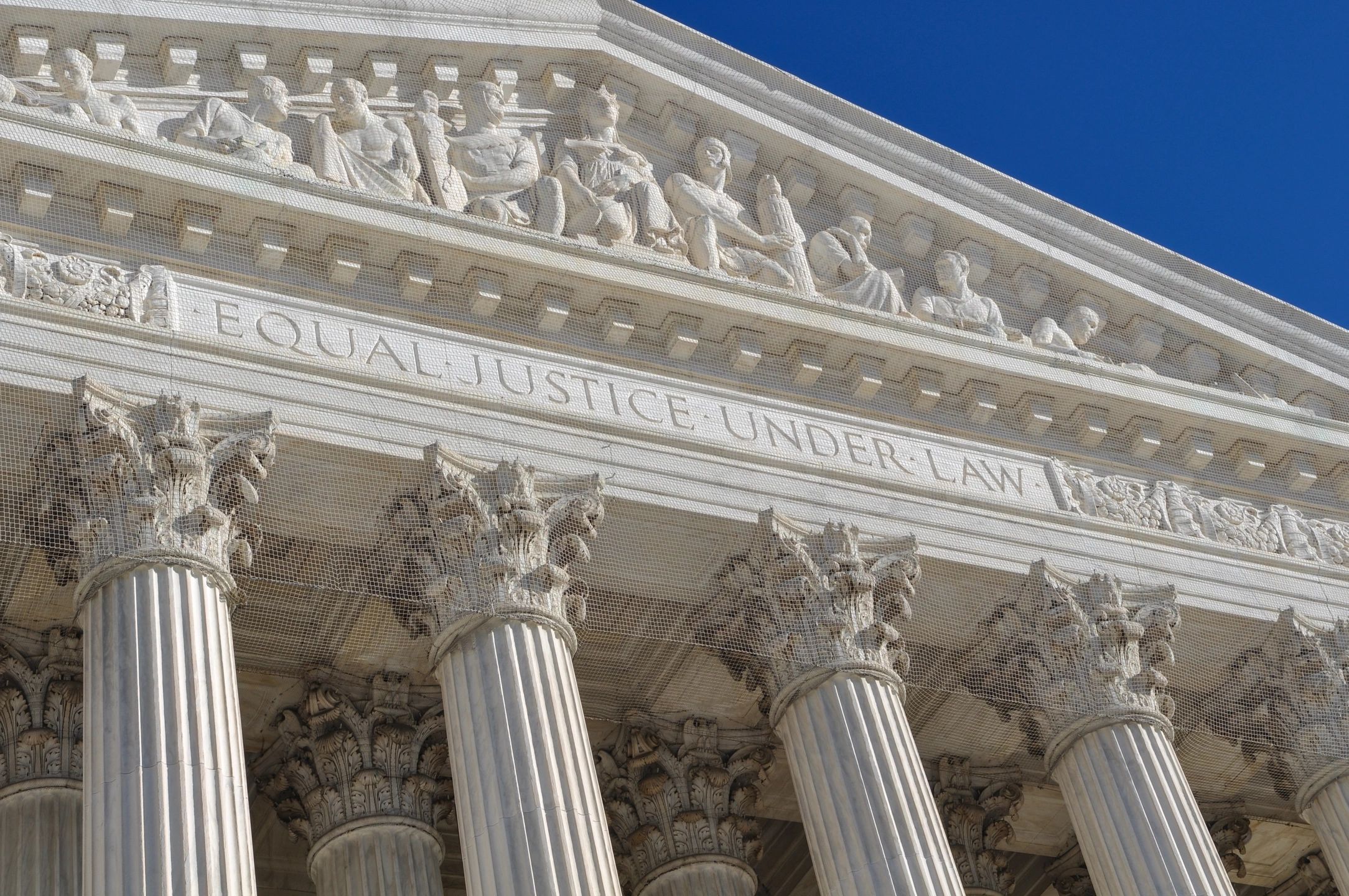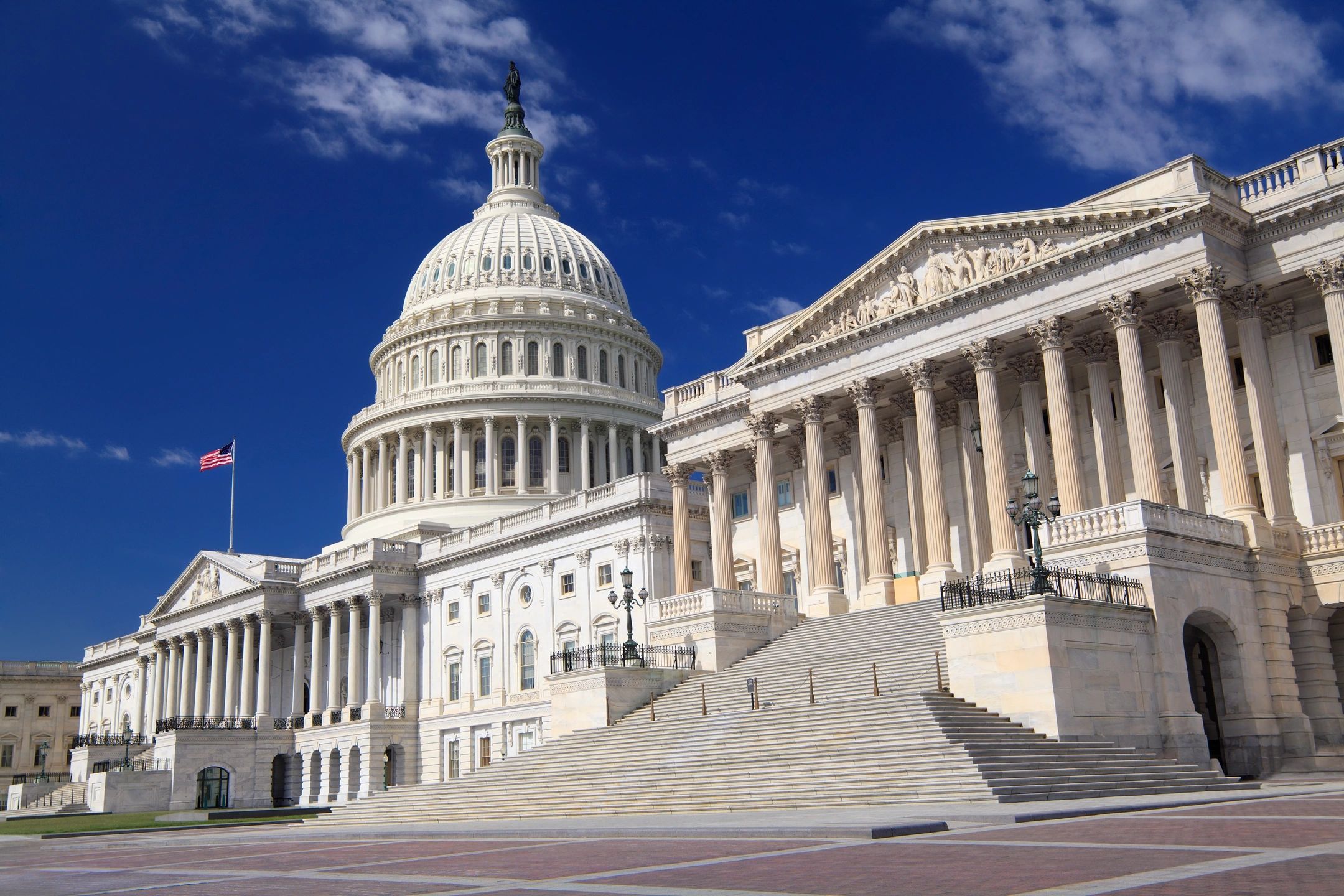There is a rumor going around that it is not possible to have a civil debate on social media. While there is certainly some truth to this at this juncture in our history, it seems odd to think that one media is the kind of media that renders arguments and discourse powerless. Surely, an argument is as good on Facebook as it is on a printed page. There is no reason to think a person cannot reasonably talk to other people on Facebook and think rationally about some issue and all the while restrain their temper. We have managed this for years in all sorts of formats. Telling ourselves that we can’t have civil debates on Facebook is a falsehood and, if we’re not careful, it will turn out to be a self-fullfilling prophecy.
There are other prophetic voices out there saying things that are not true, but which, if we all start to believe them, will be made true. For example, I have heard despair about argument in general in the last week. Of course, such despair was expressed on social media:
We’ve passed the point of rational discussion in the United States.
Or this crazed piece from a conservative who has definitely spent too long on Facebook recently:
Leftists don’t merely disagree with you. They don’t merely feel you are misguided. They don’t think you are merely wrong. They hate you. They want you enslaved and obedient, if not dead… They hate you. Look at Twitter. Look at Facebook.
Notice the evidence the last writer gives for his view – what he has seen on social media. Of course, he, like many of us, have been out into the world and most of us have carried on conversations with people who disagree with us about all sorts of things. We don’t get the impression that those people want to kill us. It is only on social media that we get this impression. I must admit, having mostly conservative views, Facebook has given me the impression that some people want to at least beat me up! But it is just not true that everyone who disagrees with me wants to beat me up. Facebook has become the home of hyperbole, a place where people compare anyone who doesn’t agree with them to Hitler!
So, we are coming to believe that social media is the home both of overstatement and dogmatism. No one can reason and everyone is an extremist. These are both false, but if we tell each other these things enough, they will become true.
The problem with thinking this way is that civil discourse becomes impossible whereever we think no one is going to be civil. No one thinks that a bar late at night is going to be a place of civil discourse let alone good arguments. If we think the same of social media, we will determine its fate. We will just come to believe that while a book can persuade you to change your mind, Facebook just makes you mad. This isn’t true. But if we say it enough, we’ll act as if it is.
There is also a terrible consequence to allowing Facebook to descend into a shouting match – people who speak for us will begin to speak in the same way Facebook is speaking. For example, instead of saying that there is disagreement that will be tough to resolve, a politician might say, “We’re careening…toward a constitutional crisis.” Is it true? Not yet, but it might become true if too many politicians keep saying it. And if social media continues to become like that bar and politicians continue to take their cue from it, then they will act accordingly (not well).
Below is a very good speech on discourse by Marco Rubio. After someone broke Senate rules for debate, Rubio defends the rules of the chamber and includes many references to public debate being in bad shape:
.@MarcoRubio: “If this body isn’t capable of having those debates there will be no place in this country where those debates can occur.” pic.twitter.com/YulKS2DcrY— CSPAN (@cspan) February 8, 2017
Rubio is as worried as you and I that no one can have a reasonable discussion about anything. So, we need civil discourse. And we should avoid thinking that we have lost any ability to carry it out. What makes civil discourse possible is not only rules to obey but a commitment to avoid pessimism. Arguments really can change minds (good ones have changed my mind about many things). And arguments can change minds on Facebook. Arguments don’t have instant effects; they take time, have to be thought about, and aren’t always accepted even when they have maximal persuasive power. Even the best arguments fail to convince some people. This is not reason for rage but for patience and a level head.
If we carry on believing the press about the end of the world, we will let the end of the world happen. So let’s not end reasonable debate just because we are told that there is no possibility of it. Who’d have though civil debate would be the new resistance!
So, what to do? Well, my first suggestion is that we consider each part of social media according to the nature of the relationships we have with other people using that media. It is tempting to think of all social media as a kind of vast chasm into which we shout hoping that someone will hear us. But each platform is different and they are different because of the kinds of relationships we enter in to with other users of that platform. Consider Facebook and Twitter. Facebook is a connection between ‘friends’. Twitter, on the other hand is made up of ‘followers’. I don’t speak to my friends in the same way I speak to an audience of people who have chosen to listen to me. Indeed, I wrote this post, and several more, and failed to post it precisely because I couldn’t figure out whether I wanted to say these things to my friends or people who follow me on twitter. I concluded that some posts are okay on Twitter but not Facebook. I think this is because the implicit agreement I make when agreeing to be a Facebook friend includes some kind of restrictions to what I say and how I say it. I’m not sure exactly what these are, but they are the kind of restrictions I place on myself when I am with a few friends in person.
Second, social media remains overwhelmingly textual. And text gets cited. In other words, the content of our thoughts might come and go, but text remains as long as it is stored. And the internet stores it for a long time. When we call people Hitler, monsters, weak, deplorable and any other insult, we implicitly agree to anyone, anytime, and in any context to quote us. Here is a good saying: “An evil man is ensnared by the transgression of his lips, but the righteous will escape from trouble” (Proverbs 12:13).
Third, we should stop thinking of social media as reducible to a place to express what we are thinking/feeling. You might think: isn’t that what it is for? Well, no. Expression may be part of what one does on Facebook, but it is not primarily a place of expression. Indeed, our friends are there, hanging out, talking or, as is more the case, just watching and wondering if they should say anything. Just because the people we are talking to are not in the room doesn’t mean they aren’t responding to what we are saying. Facebook is not a good venue for punk music, an unfiltered better-out-than-in stream of consciousness. Punk music, by its very nature, couldn’t care who is listening and certainly doesn’t care about its listeners. But we should.



